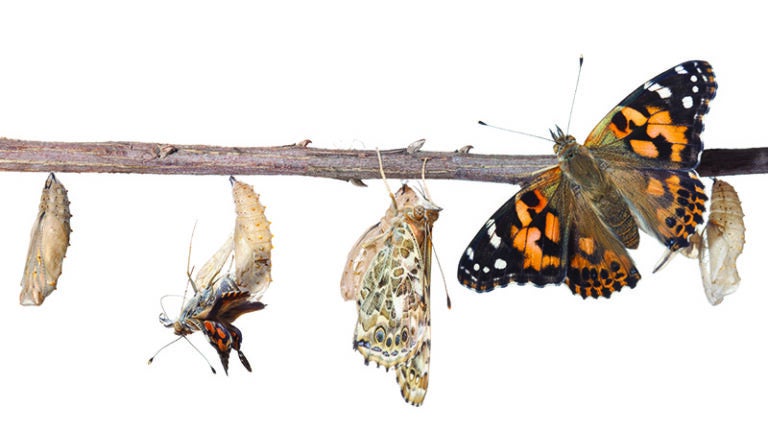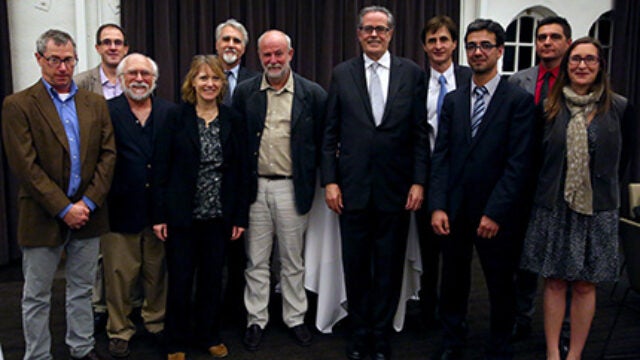Understanding and changing the environment in which habits form is a critical step when it comes to breaking unwanted behaviors and forming healthy ones.
USC Dornsife News
Coffee drinking and other daily behaviors are habitual, but people strongly discount the influence of habits when explaining their behavior, USC researchers find.
USC experts emphasize the value of practicing self-care, taking breaks as needed and trusting in good habits to help us make it through this pandemic. [2¾ min reading]
Understanding habits allows us to reverse engineer our way out of social media’s behavioral traps. In other words, we can change the cues that activate our habits. [5¾ min read]
By using "friction" and "reverse-engineering," you can successfully tackle your New Year's resolutions, says USC Dornsife psychologist Wendy Wood.
Even when consumers like products enough to buy them, the products gather dust if they conflict with consumers’ habits, according to a study led by Wendy Wood of psychology. Companies could save themselves with some easy solutions.
In a culture of increasing awareness of — and openness toward — the transgender community, how can we better understand the nuances of gender identity and help to ensure equal rights for all?
Social science researchers from USC and the Brookings Institution convene to discuss how behavioral and policy changes can improve people’s overall health.
Scientific leaders and faculty members from USC Dornsife and Université de Versailles Saint-Quentin-en-Yvelines are developing a joint strategic program to strengthen environmental and climate-related research and education.








